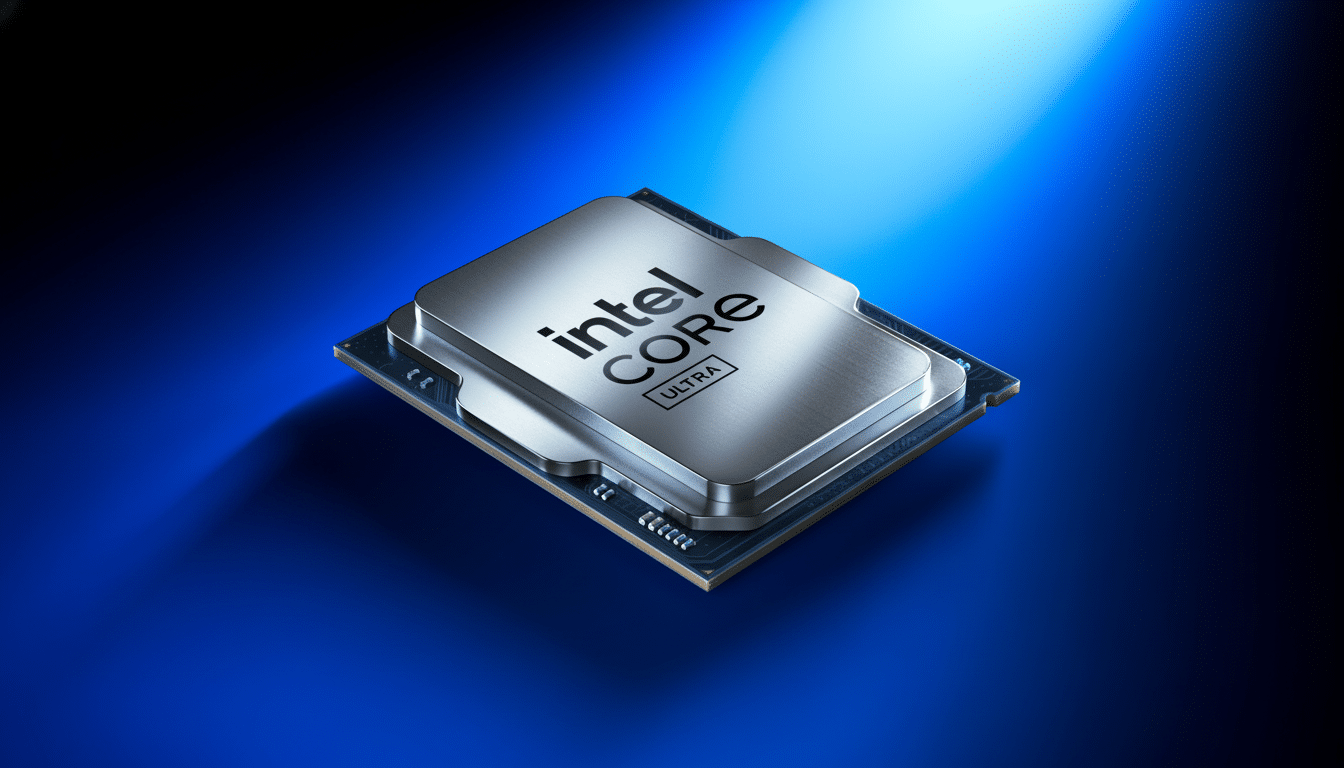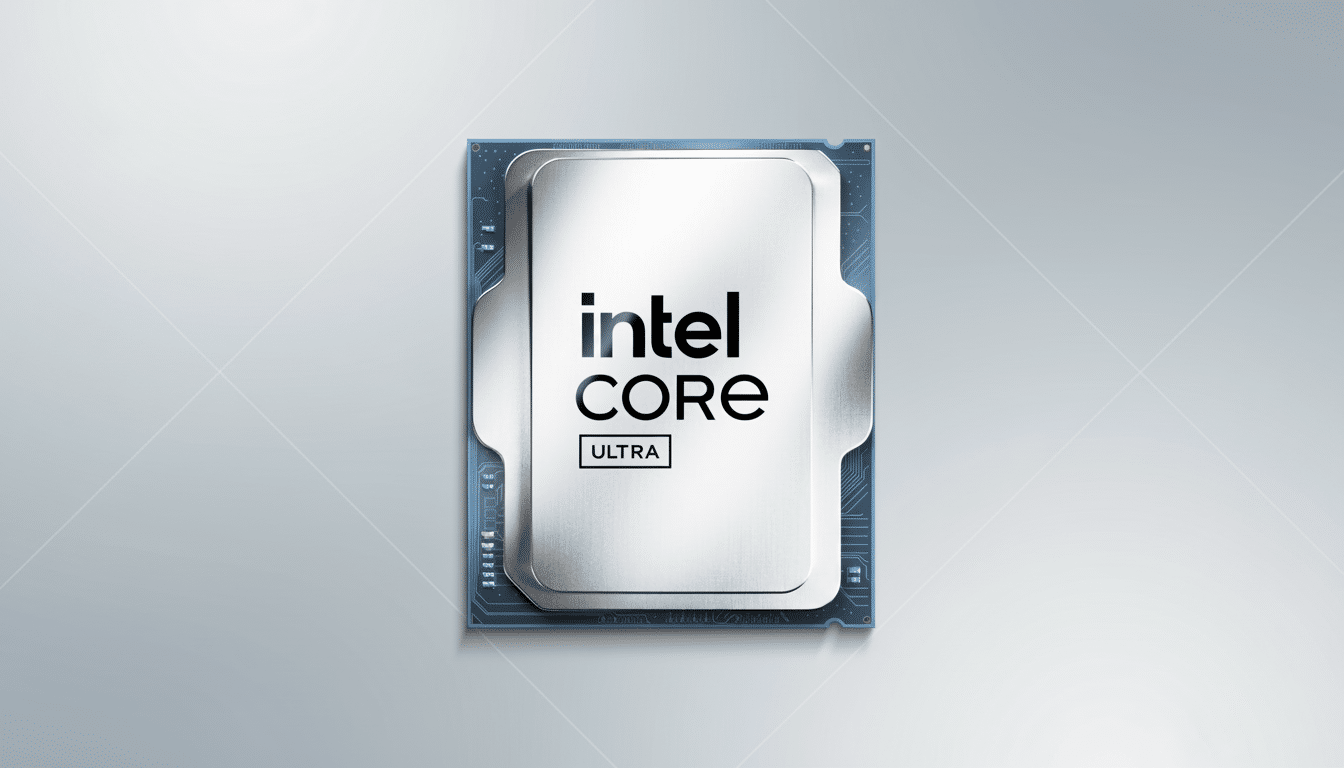The U.S. government’s recent investment in Intel comes with language in the contract that’s designed to prevent the company from spinning off or selling its foundry operations, company executives say.
Deal structure and U.S. equity stake
Intel also agreed to give 10% of its equity to the U.S. government as part of an all-encompassing deal that was connected to federal assistance. Speaking at a Deutsche Bank conference, Intel’s chief financial officer David Zinsner laid out aspects of the agreement that constrain Intel’s flexibility around its foundry division.

As first reported by the Financial Times, terms include penalties on Intel if the company falls below certain ownership thresholds in years to come, according to Zinsner.
Warrant can increase federal ownership if foundry is spun out
Under terms of the deal, the government has a multi-year warrant to buy another stake in Intel at a predetermined price if Intel’s ownership of its foundry arm falls below 51%. Zinsner said he anticipates that option to expire, but noted that it is a deterrent for the spin-off.
White House press secretary Karoline Leavitt said aspects of the agreement were still being finalized, underscoring the extent to which the administration wanted to retain control over how federal incentives influence domestic chip manufacturing.
Cash infusion tied to CHIPS Act grants
Intel also indicated during the quarter it had received a large cash payment associated with previously granted CHIPS and Science Act awards. The company said in an announcement that it had spent about $5.7 billion of that funding, Reuters reported.
Those federal grants were meant to spur semiconductor production on American soil, but the new equity arrangement shows the government wants more say in how public money shapes corporate strategy.
Intel Foundry’s mounting losses
Intel’s foray into the foundry business has been a millstone on corporate earnings. While the unit posted a roughly $3.1 billion operating loss in the latest quarter, that trajectory also increased pressure from investors, analysts and some board members to consider restructuring options.

There had been calls to split out the foundry business since last year, especially after Pat Gelsinger, the executive who championed the foundry strategy, suddenly left. The fresh financing terms limit near-term options to pursue a sale or spin-out.
Chips and reshoring competitive dynamics
American officials have cast interventions as part of a larger industrial policy to blunt the industry’s dependence on offshore fabrication, most prominently at Taiwan Semiconductor Manufacturing Company, which still is the dominant contract manufacturer worldwide.
The warrant and equity condition reflect a desire among policy makers to exert federal support to maintain control over advanced manufacturing, even at the cost of propping up divisions that aren’t profitable.
Market and governance implications
For Intel, the deal amounts to a trade: immediate funding and government support in exchange for limits on corporate maneuvering. Investors and analysts will be looking to see if the company will be able to turn the foundry business around without a quick runaway from it.
The structure could serve as a model for other public-private partnerships in strategic sectors, in which government entities impose governance conditions in return for allowing foreign investment to step up long-term domestic capacity, industry watchers say.
Intel declined to comment further beyond the executives’ comments at the conference. Major outlets like the Financial Times and Reuters had the initial reporting of the terms and company leadership and Washington reactions.
But as the CHIPS Act leads more capital toward U.S. fabrication projects, the balance between corporate self-determination and national industrial policy will be a defining issue for semiconductor companies, policymakers and international rivals.

